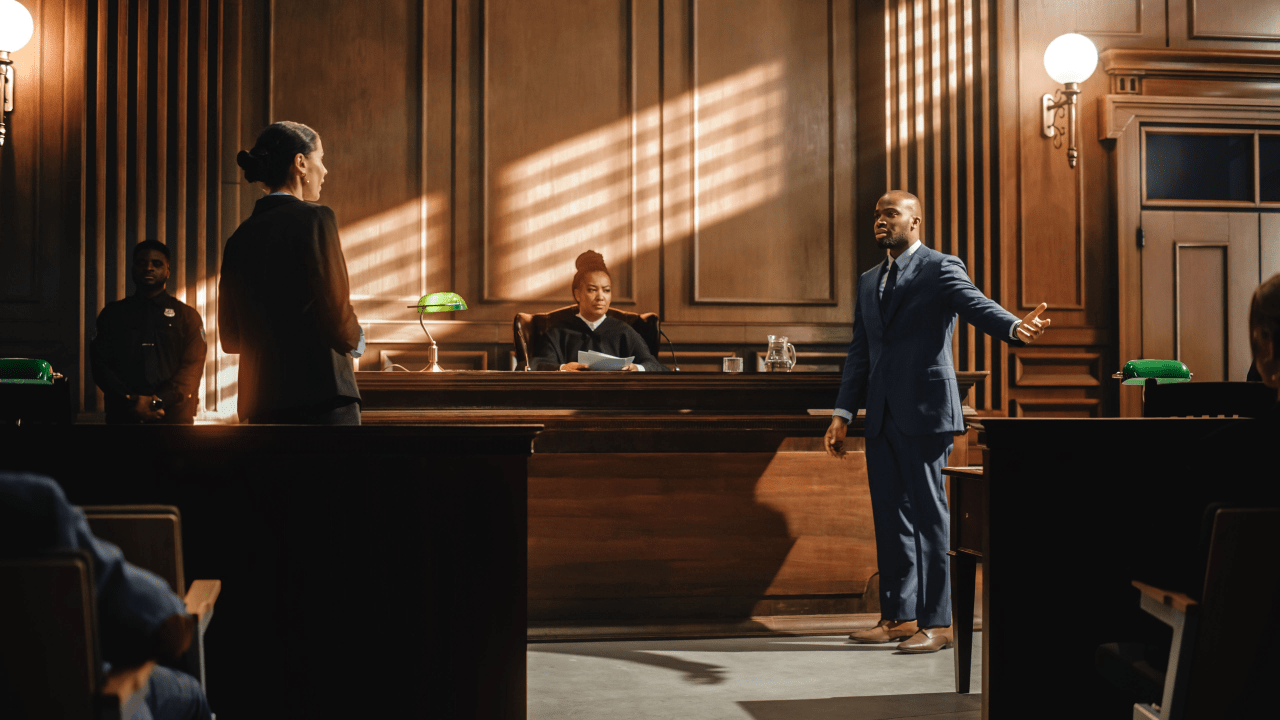- Mon - Fri: 8.30 AM - 5:00 PM
- 26565 Agoura Rd., 200, Calabasas, CA 91302
- 818-884-8075

How Hard Is It to Be a Criminal Defense Lawyer? Realities of the Profession
How Hard Is It to Be a Criminal Defense Lawyer Day-to-Day?
For many attorneys, the idea of practicing criminal defense comes with both fascination and apprehension. So, how hard is it to be a criminal defense lawyer in real life? The short answer: it’s demanding, but also incredibly impactful.
Criminal defense attorneys often face intense pressure, emotionally charged cases, and high expectations from clients. Yet for those who thrive in fast-paced environments and are passionate about justice, it can be one of the most fulfilling roles in the legal profession.
Let’s look at what makes this career path difficult—and why many lawyers still choose it.
Heavy Caseloads, High Stakes, and Constant Pressure
Criminal defense lawyers often manage dozens of open cases at once, all while facing tight deadlines, strict court schedules, and unpredictable client behavior. Each day might include:
- Reviewing case files and discovery
- Drafting motions and suppression arguments
- Meeting with clients in custody
- Negotiating plea deals
- Preparing for trial in multiple jurisdictions
Unlike some areas of law, criminal defense involves frequent in-court appearances, urgent timelines, and life-altering consequences for clients. The pressure is amplified when representing clients facing felony charges, significant jail time, or high-profile media scrutiny.
Mental, Emotional & Ethical Challenges of Criminal Defense
Emotional Toll
Handling sensitive cases, such as violent crimes, sexual offenses, or crimes involving minors, can take a psychological toll. Criminal defense attorneys must remain composed while defending individuals accused of serious or morally challenging offenses.
Difficult Clients
Attorneys sometimes deal with:
- Clients who are uncooperative or untruthful
- Defendants with mental health or addiction issues
- Family members pressuring for updates or outcomes
Maintaining professionalism and empathy without absorbing emotional strain is part of the challenge.
Ethical Tightropes
Defense attorneys must honor:
- Attorney-client privilege, even if the client confesses
- The duty to zealously defend, even when evidence seems unfavorable
- Rules against knowingly presenting false testimony
These ethical lines require sharp judgment, discretion, and constant self-awareness.
Why Criminal Defense Law Is Still a Fulfilling Career
Despite the difficulties, many attorneys find criminal defense to be one of the most meaningful legal careers available.
Making a Real Difference
Criminal defense lawyers often stand between the client and an unforgiving system. A dismissal, reduced sentence, or successful trial verdict can change someone’s life.
Protecting Constitutional Rights
Attorneys help safeguard key protections such as:
- The right to remain silent
- The right to a fair trial
- The right to counsel
These principles are at the core of the justice system, and defense lawyers uphold them every day.
Financial Opportunity and Autonomy
While public defenders may face salary ceilings, private criminal defense lawyers who build a strong brand and attract serious cases often earn six or seven figures annually. Firms that invest in criminal defense lead generation grow faster, scale smarter, and avoid the “feast-or-famine” cycle.
How Hard Is It to Be a Criminal Defense Lawyer? Final Thoughts
So, how hard is it to be a criminal defense lawyer? The role demands thick skin, strong ethics, and stamina—but it also offers unmatched professional purpose. The challenge lies not just in handling tough cases, but in supporting clients when their freedom is on the line.
With the right mindset, support system, and intake process, you can navigate the pressure and build a practice that’s not just sustainable but deeply rewarding.
Grow a Resilient Criminal Defense Practice with Legal Brand Marketing
At Legal Brand Marketing, we help criminal defense lawyers stay focused on what matters—serving clients and winning cases—by supplying exclusive, high-quality legal leads.
Why Partner with Legal Brand Marketing?
- Exclusive criminal defense leads, never shared with other firms
- Real-time delivery to boost your intake speed
- Filter by geography, charge type, and urgency
- Trusted by attorneys nationwide looking to grow sustainably
Don’t let the stress of client acquisition add to your caseload. Let Legal Brand Marketing fuel your practice with clients who are ready to retain you now.
Frequently Asked Questions (FAQs)
1. Is criminal defense harder than other areas of law?
It depends on your strengths. Criminal law is emotionally and procedurally demanding, but many find it more dynamic and rewarding than civil litigation or transactional work.
2. Do criminal defense lawyers deal with burnout?
Yes—especially if they lack support or balance. Delegating tasks and focusing on high-value cases can help prevent it.
3. What’s the hardest part of the job?
Managing high-stakes cases with emotionally charged clients while maintaining objectivity and legal ethics.
4. Is criminal law worth it financially?
Absolutely—especially for attorneys who invest in marketing, intake systems, and handle complex or federal cases.
5. Can you balance criminal defense work with a personal life?
Yes, but it takes strong boundaries, time management, and support from your team or network.
Key Takeaways
- The job is demanding, involving high caseloads and emotional strain
- Ethical challenges are common but manageable with experience
- Reward comes from impact—protecting rights and changing lives
- Private practice can be highly profitable, especially with the right client acquisition model
- Support systems and efficient intake make the work more sustainable





